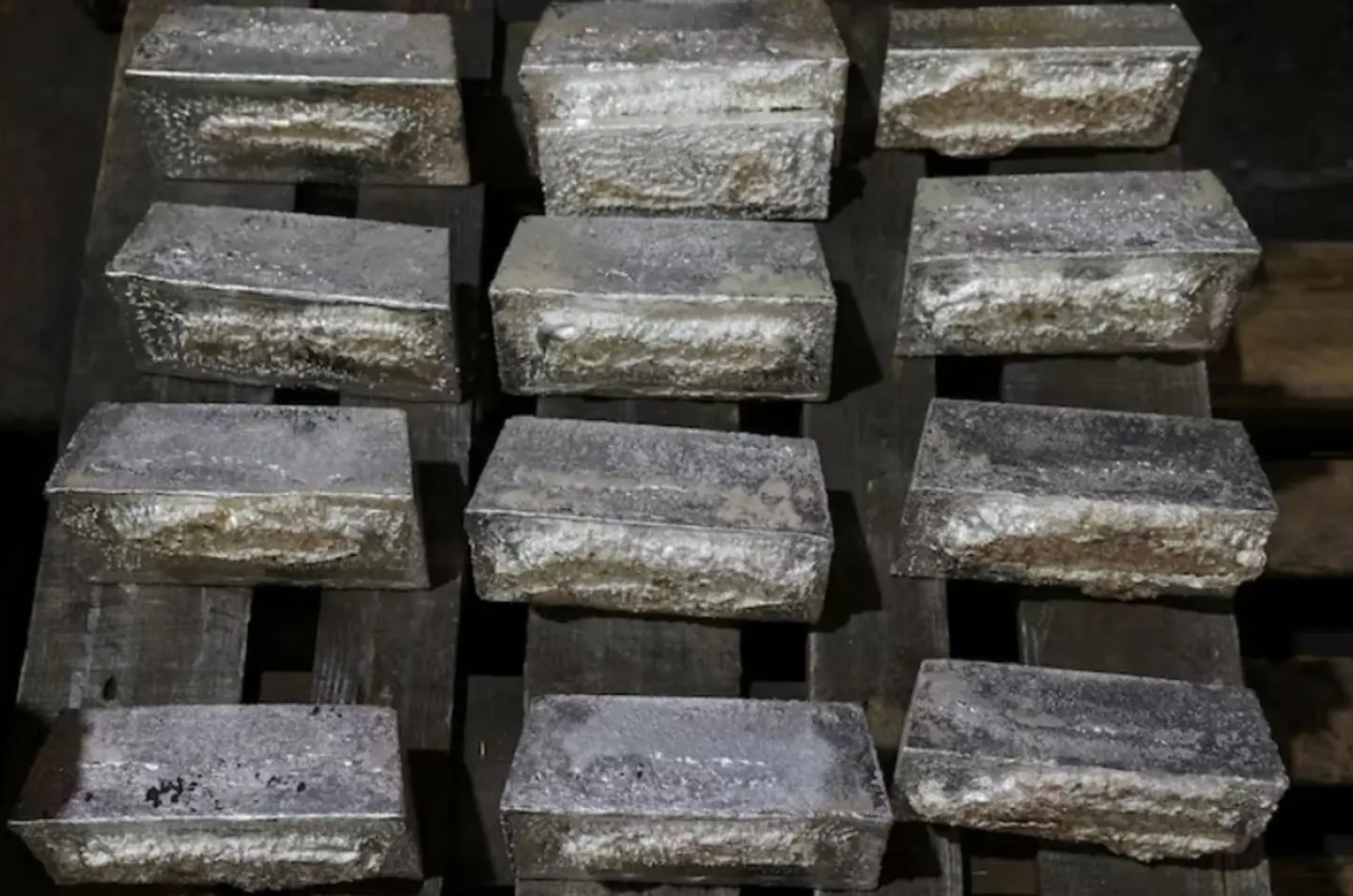According to researchers, a baby dinosaur served as the last meal for a newly discovered species of crocodile from the Cretaceous period that was found in Queensland, Australia.
The newly-discovered confractosuchus sauroktonos dates back to the Cretaceous period.
Confractosuchus sauroktonos fossilized bones were discovered in 2010 at a sheep station next to the Winton Formation, a 95 million-year-old geological rock layer.
Scientists discovered partially digested remains of a young ornithopod inside the 2.5-meter-long crocodile's stomach, according to an article describing the new species that was published in the academic journal Gondwana Research on February 11 2022.
The Australian Age of Dinosaurs Museum, which discovered the find, claimed in a statement that this is the first instance of a crocodile feeding on a dinosaur in Australia.
The crocodile sample had been partially crushed after being initially preserved in a siltstone pile. However, the damage exposed a handful of tiny bones from a little Cretaceous creature's skeleton.
The crocodile specimen's bones were located by scientists using X-ray and CT scanning technology. It took 10 months of computer processing to create a 3D reconstruction of the bones.
Researchers were able to find an almost intact skull of the freshwater crocodile because to the preservation of 35% of the reptile. They were unable to identify the juvenile dinosaur that was within the animal's stomach, but they did characterize it as being close to 1.7 kg in weight.
According to the press release, the crocodile either killed the animal or foraged for it shortly after it passed away.
According to the news release, such a discovery is "extremely rare, as only a handful of examples of dinosaur predation are known globally."
Despite not being a specialist in eating dinosaurs, Dr. Matt White, an associate at the museum who oversaw the research, claimed in a press release that Confractosuchus "would not have overlooked an easy meal, such as the young ornithopod remains found in its stomach."
"It's likely that dinosaurs played a significant role in the Cretaceous biological food chain.
This ancient crocodile and its last meal will continue to offer hints about the relationships and behaviors of creatures that roamed Australia millions of years ago because there aren't any comparable global examples.
The second crocodile to be named from the Winton Formation is confractosuchus sauroktonos. Numerous recent scientific discoveries have been made from the rock bed, including a 96-million-year-old pterosaur in October 2019.







